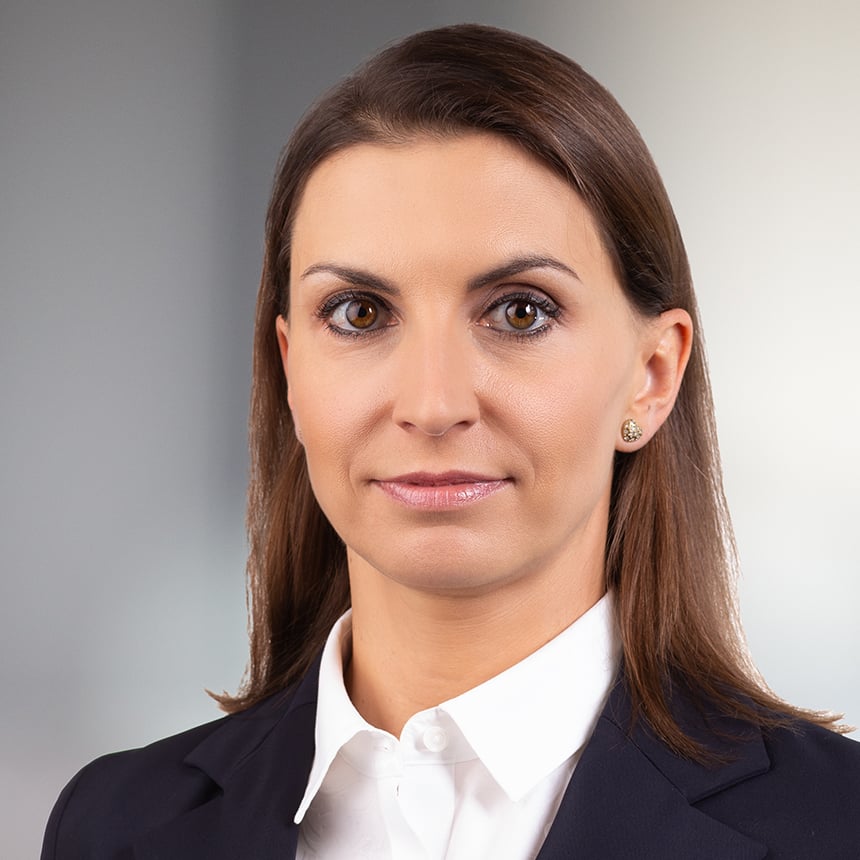Minister of Finance comments on deductible costs for authors of creative works
On 15 September 2020, the Minister of Finance issued a long-awaited general ruling concerning the requirements for applying 50% deductible costs to calculate income from disposal or use of copyright by its owners. The interpretation defines when and under what conditions remuneration can be recognized as a royalty to which the increased tax costs apply.
Royalty or salary for work?
The general ruling identifies 3 requirements:
- the copyrighted work must be created as part of performance of employment duties,
- the employer must have evidence to prove that the employee created such a work (statements by the employer and the employee that creative activity was performed leading to creation of a specific work are sufficient),
- the royalty must be clearly separated from other salary components payable to the employee-author (e.g. in the employment contract).
Moreover, for employees who write computer programs, copyright generally passes automatically to the employer. This means that the employee does not dispose of the right, and thus no part of his/her salary can be recognized as a royalty which constitutes the employee’s remuneration for copyright transfer. Obviously, the statutory rules for passage of copyright to computer programs can be changed in employment contracts so that the copyright passage will require transfer of the copyright by the employee.
Royalty payment – including advance payment
The Minister of Finance indicated that remuneration in the form of royalty may be paid even before the work is created. This means that increased deductible costs may be used also in the months when the employee does not work, e.g. during his/her holiday leave or sickness leave. However, it is essential to establish the rules and conditions for payment of an advance against royalty in the employment contract/pay regulations – the advance may only be paid against a royalty for a specific work.
Rules for establishing the amount of the royalty
When referring to the rulings of administrative courts, the Minister of Finance indicated that:
- the value of the royalty is subject to the principle of freedom of contracting,
- indication of the percentage value of time dedicated to creative work in the employment contract or determining the time based on the working time records is insufficient. This way of determining the royalty does not indicate whether any work was created. Thus, it is essential to link the working time and a work which has been or is going to be created.
This means that a creative work may be valued according to the employee’s working time dedicated to create it. Employers do not need to come up with a complex methodology of valuing the works. However, the remuneration for transfer of copyright cannot be established as a percentage value based on the working time spent on creative activity, without linking the activity to a specific creative work (e.g. 90% of working time spent to create the work means that 90% of remuneration is paid for transfer of author’s economic rights). While determining the percentage of remuneration components (the fee for creative work and the base salary), it is important to remember that the fee for copyright transfer is not a component of the minimum salary. Consequently , when agreeing the amount of the base salary and the fee for copyright transfer with the employee-author, the employer should take into account the regulations governing the minimum salary.
How does the general ruling affect the activities of employers and employees?
Issuance of the general ruling means that in situations to which it applies the tax authorities will no longer issue individual rulings.
Thus, each entity which applies increased deductible costs should verify whether the rules for determining the royalty for copyright are consistent with the approach presented by the Minister of Finance (unless the entity has an individual ruling in this respect). If any discrepancies occur, they will need to be adjusted.
In the meantime, entities which are planning to use increased deductible costs should prepare the relevant documents and procedures to identify works and determine their value in conformity with the guidance presented in the general ruling.
KONTAKT
E: elzbieta.lis@pl.Andersen.com
T: +48 32 731 68 58
M: +48 664 948 038
E: monika.winnik@pl.Andersen.com
T: +48 22 690 08 62
M: +48 669 486 444
E: elzbieta.stawarczyk@pl.Andersen.com
T: +48 32 731 68 83



